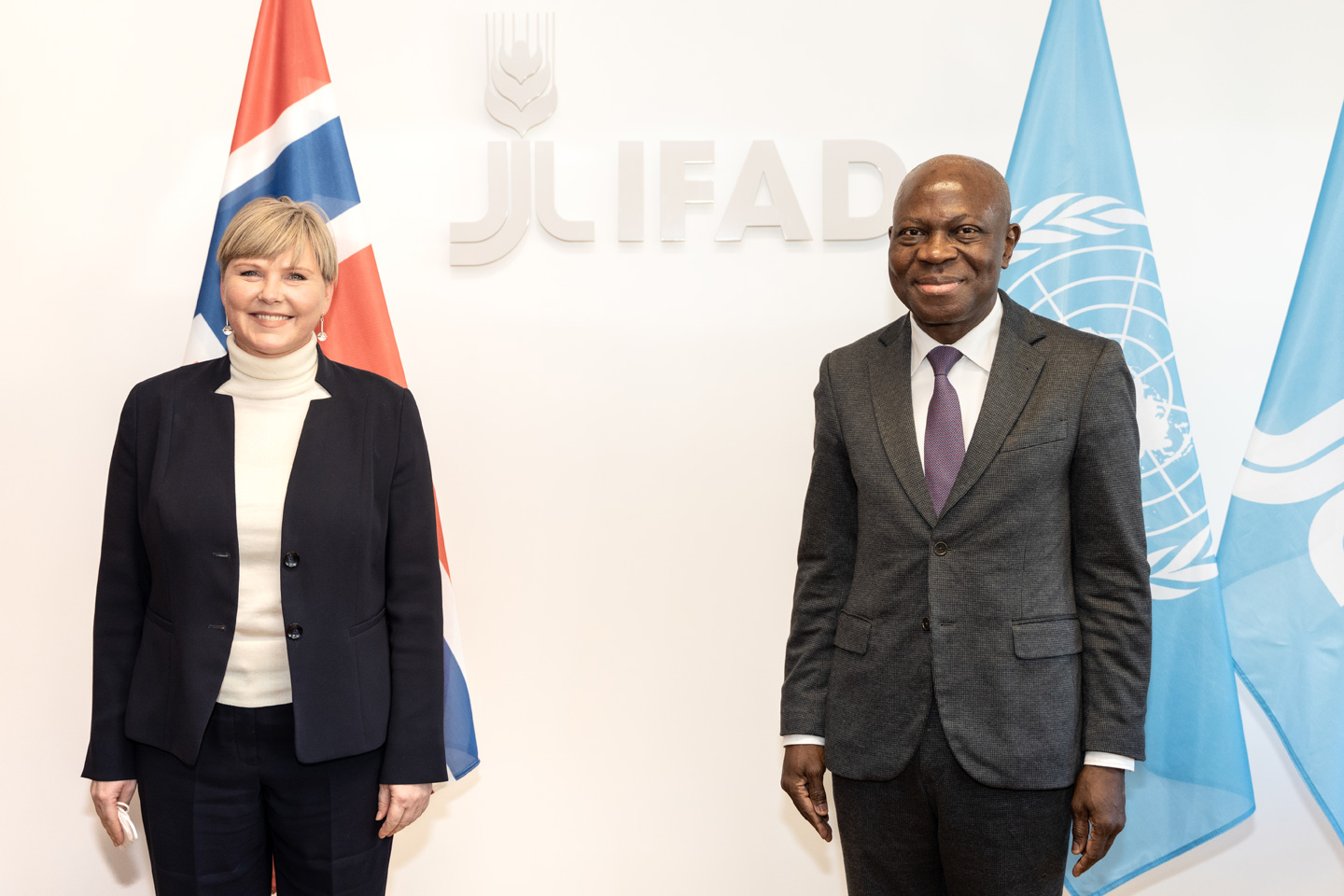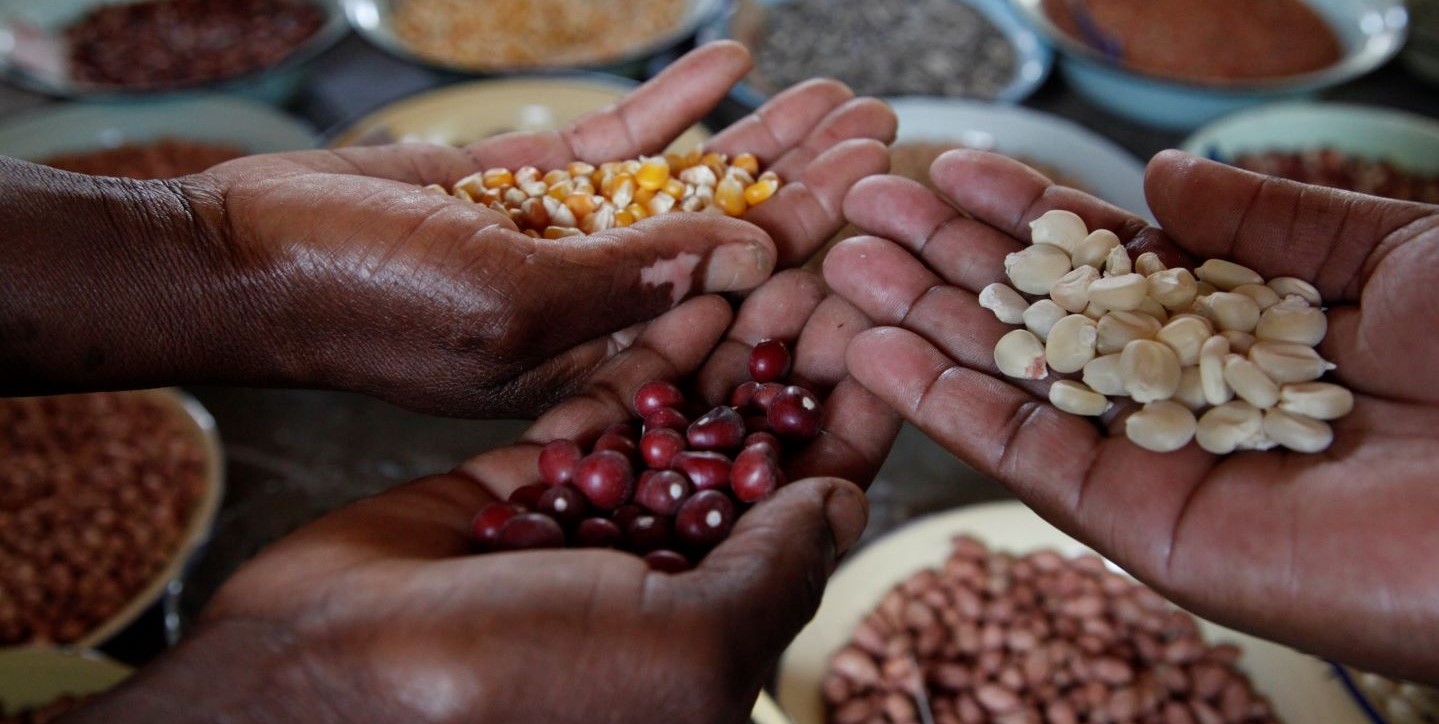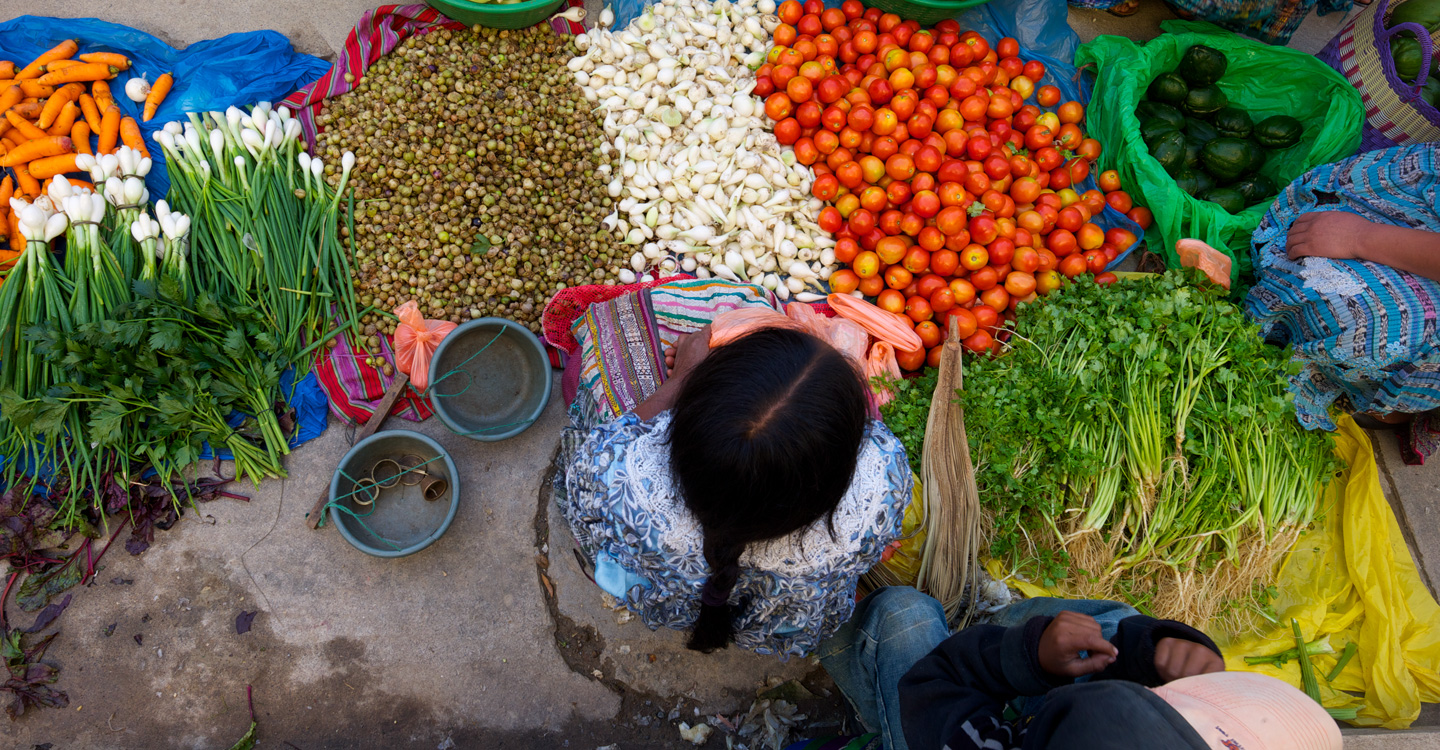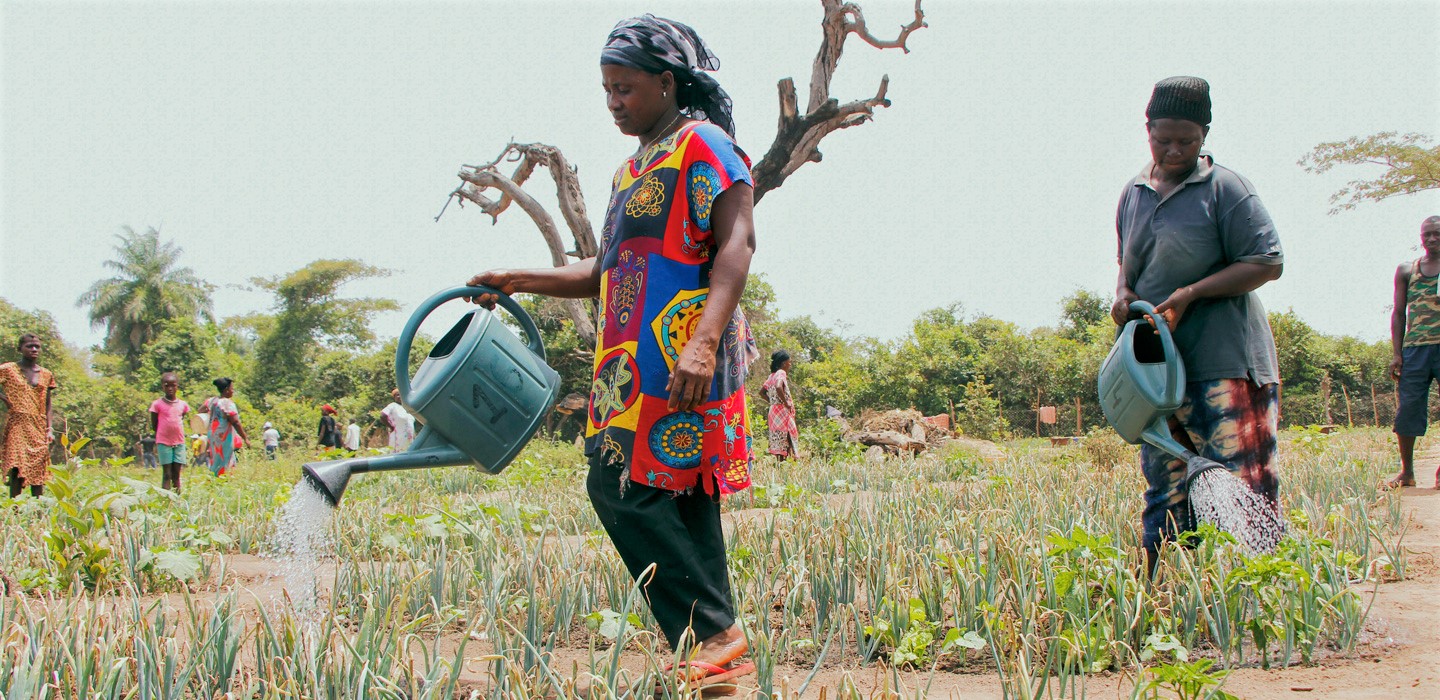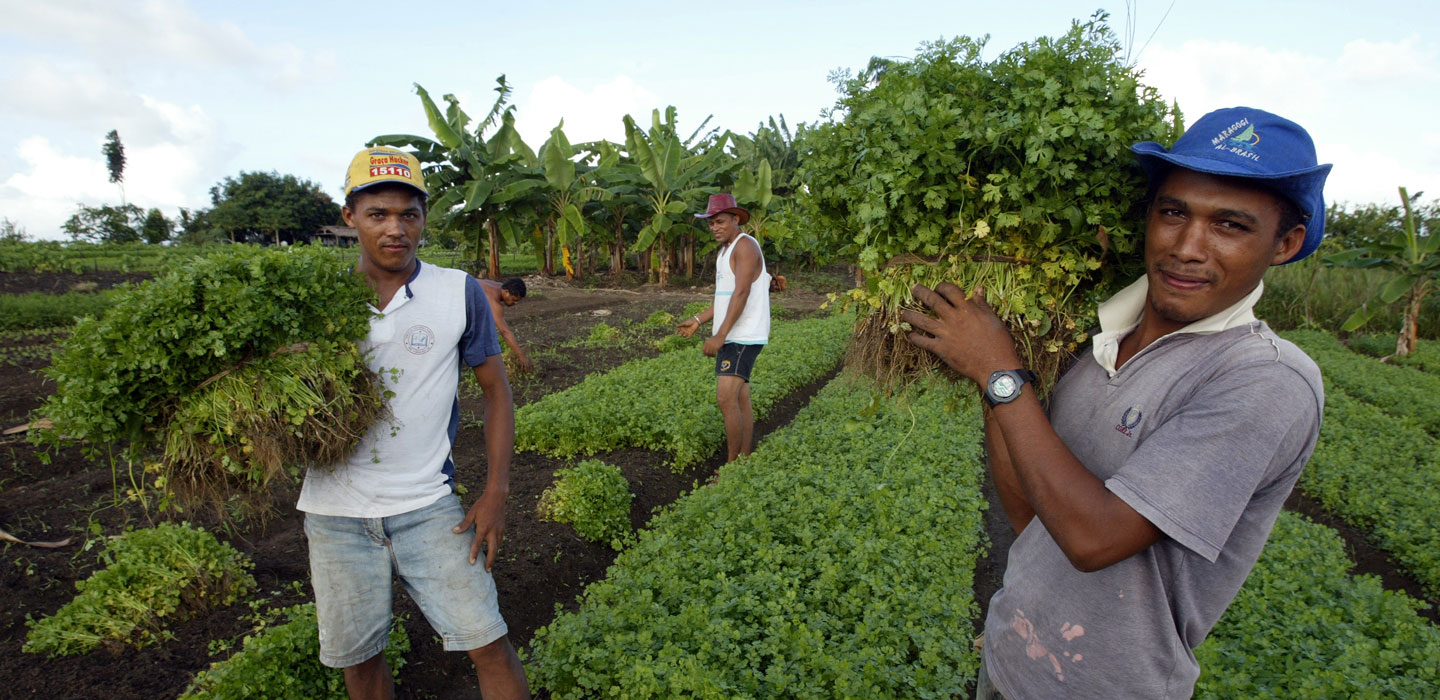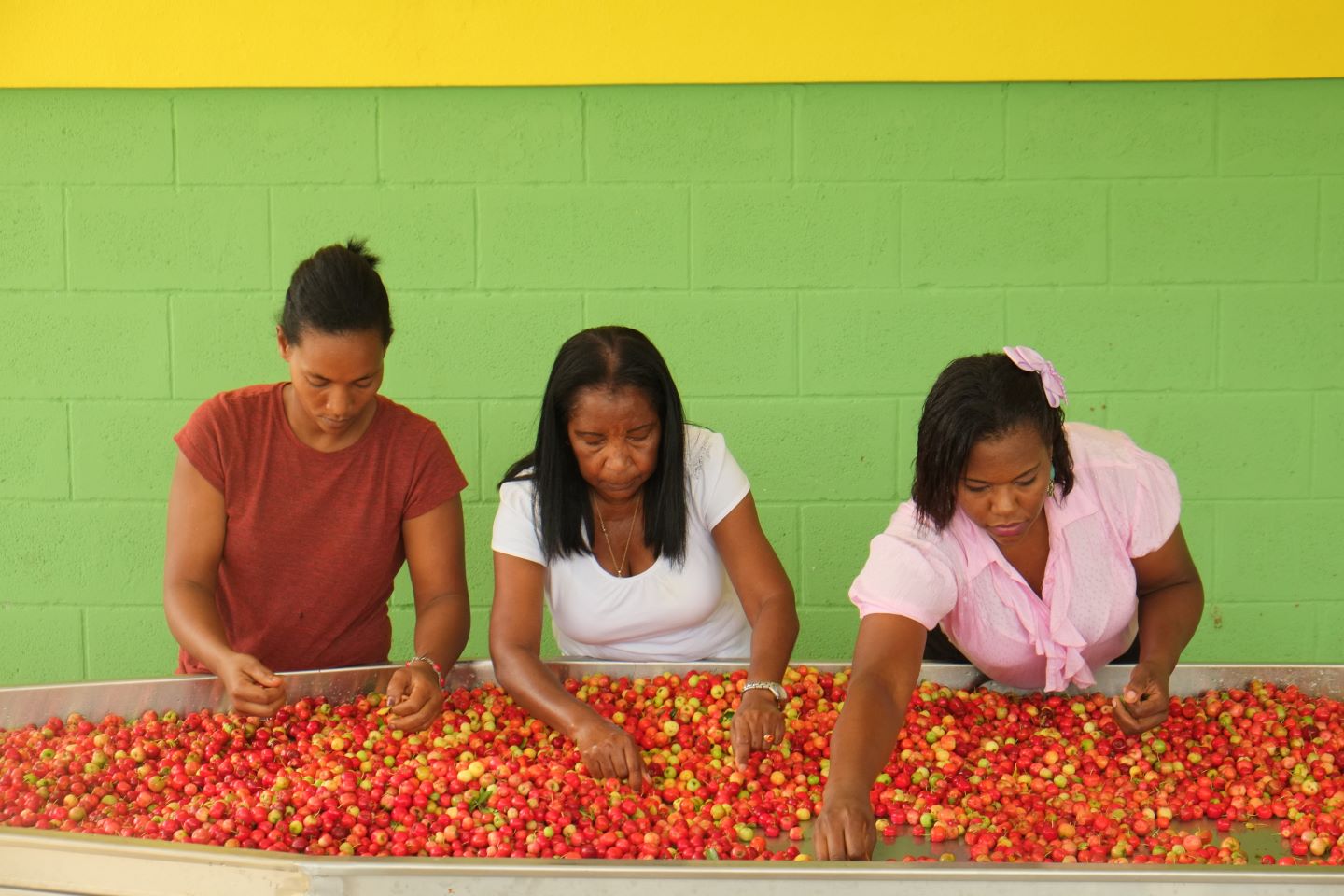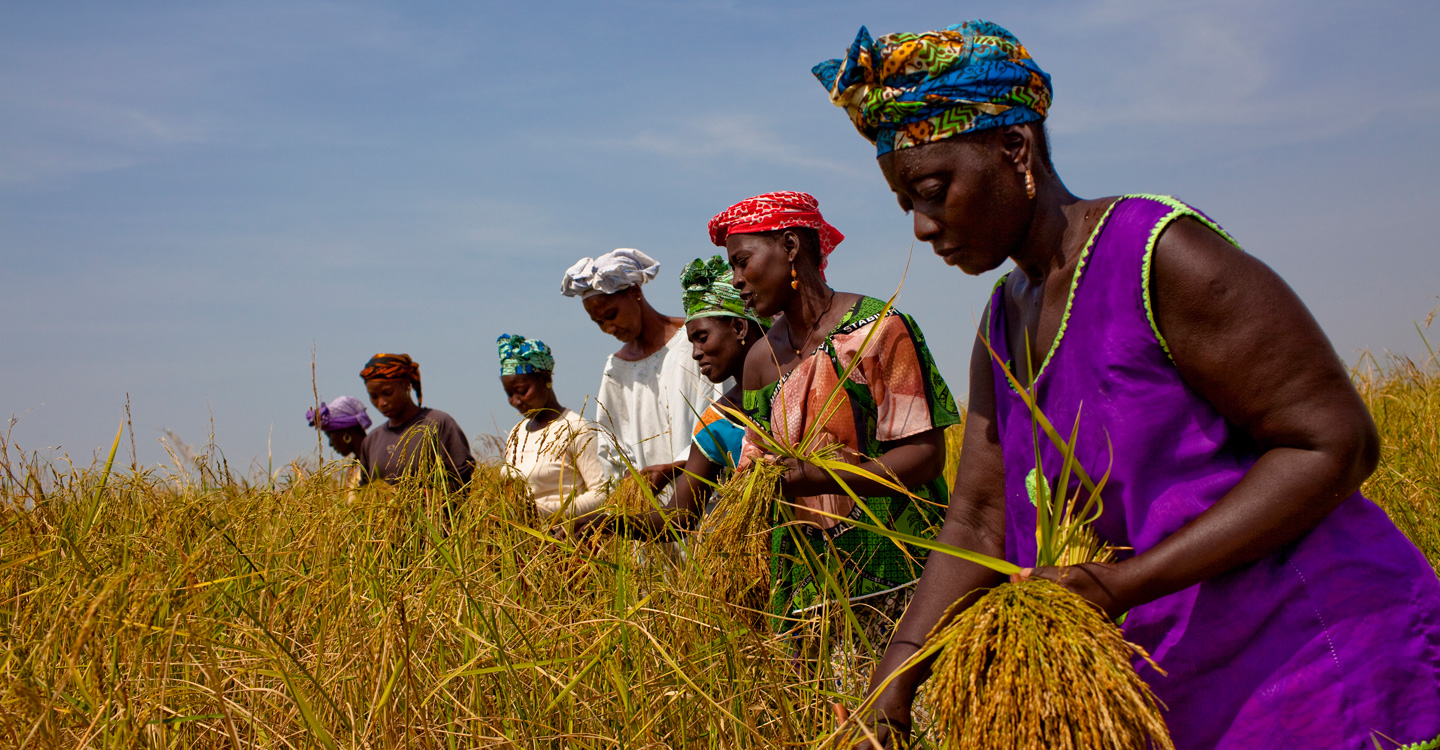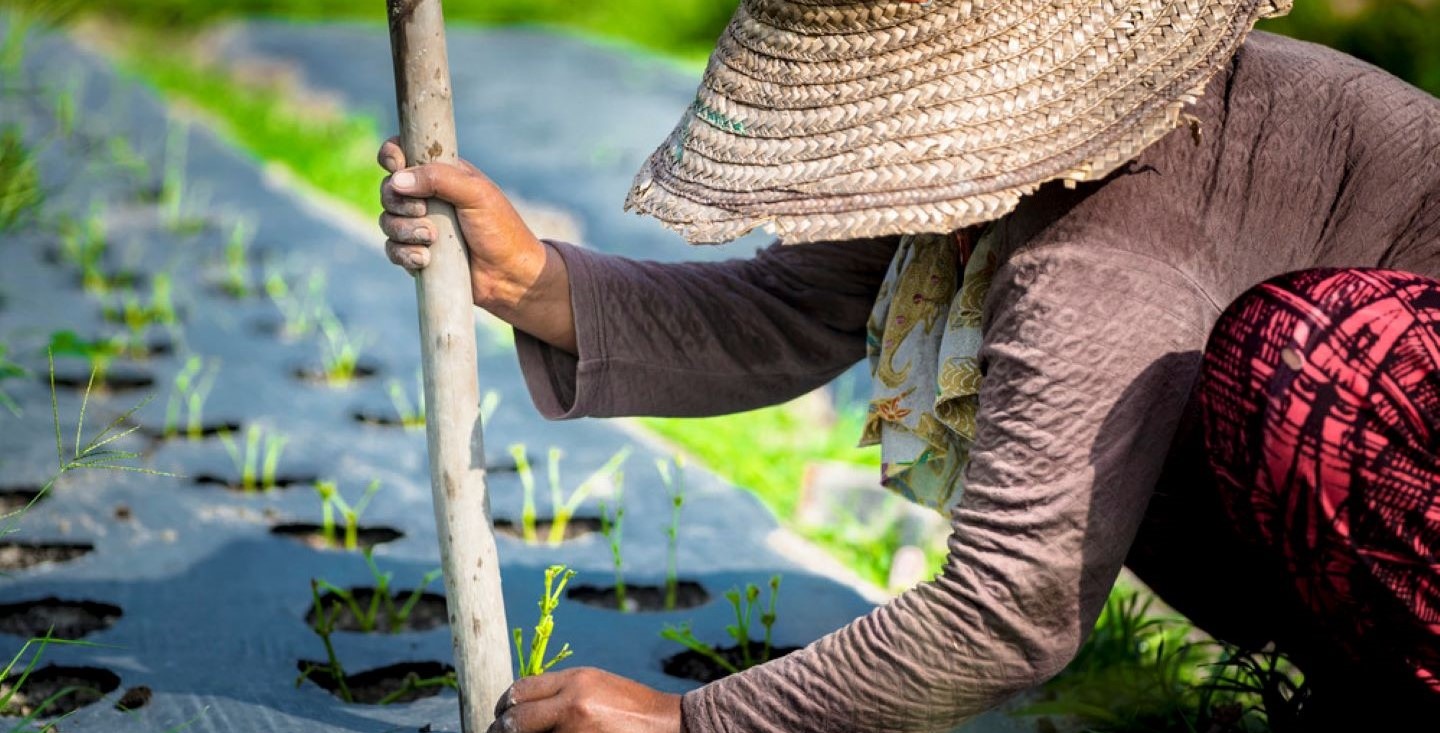Latest
Latest

Latest
Manual Submenu Topics
SearchResultsFilters
Search Results
Norwegian Minister Tvinnereim and IFAD President Houngbo to visit Malawi in wake of storms to discuss climate resilience and hunger
With Malawian farmers still reeling from tropical storms that devastated crops and livelihoods in recent weeks, Norway’s Minister of International Development and the President of IFAD will visit the country to meet its leaders and small-scale farmers to discuss the impacts of climate change, and ways to build resilience.
How agrobiodiversity can nourish the planet
For our people and planet to flourish, we need agrobiodiversity: agricultural systems that enhance our wealth of ecosystems and living beings instead of diminishing it. Our work has long recognized the importance of agrobiodiversity for sustainable food systems, and now we’re taking this commitment even further.
Nutrition-sensitive agriculture: The cornerstone of a healthier world
It might seem counter-intuitive to suggest that agriculture should become more nutrition-sensitive – but many small-scale producers worldwide are at risk of food and nutrition insecurity. We’re committing to more ambitious goals for integrating nutrition into our investments and project activities.
Urgent investments in small-scale farming needed to offset soaring food prices and deepening malnutrition, says IFAD
With soaring food prices pushing millions of people into food insecurity, IFAD is calling on governments and the private sector to urgently step up their investments in small-scale agriculture, especially for locally produced, nutrition-rich food. The call was made ahead of today’s opening of the Tokyo Nutrition for Growth Summit.
New UN report: Hunger in Latin America and the Caribbean rose by 13.8 million people in just one year
Hunger in Latin America and the Caribbean is at its highest point since 2000, after a 30 percent increase in the number of people suffering hunger from 2019 to 2020, says a new UN report.
New UN report warns that the number of people suffering hunger in Latin America is at its highest point in two decades
FAO, IFAD, PAHO/WHO, UNICEF and WFP will present a report focusing on the latest statistics and trends of food security and nutrition in the region.
The French Development Agency and the International Fund for Agricultural Development join hands to promote food security and sustainable agriculture in the Republic of The Gambia
On 1 November 2021, the French Development Agency (AFD) and IFAD will sign a €7 million grant agreement to support the implementation of the project “Resilience of Organizations for Transformative Smallholder Agriculture” (ROOTS). The project aims to improve food security, nutrition and smallholder farmers’ resilience to climate change in The Gambia.
Neglected and underutilized species are the key to nourishing the world
The natural world has a wealth of plants that can sustain human life, yet global food systems are dominated by just three: wheat, maize, and rice. These species provide 50 percent of the plant-based calories we eat and occupy 40 percent of the world’s arable land.
Re-imagining food systems through the climate–nutrition nexus
The food we eat plays a role in not just our health, but that of our descendants. How we grow, hunt, fish or gather it, how we process it and bring it to market, affects the world around us. These simple relationships are the foundation of the climate–nutrition nexus.
